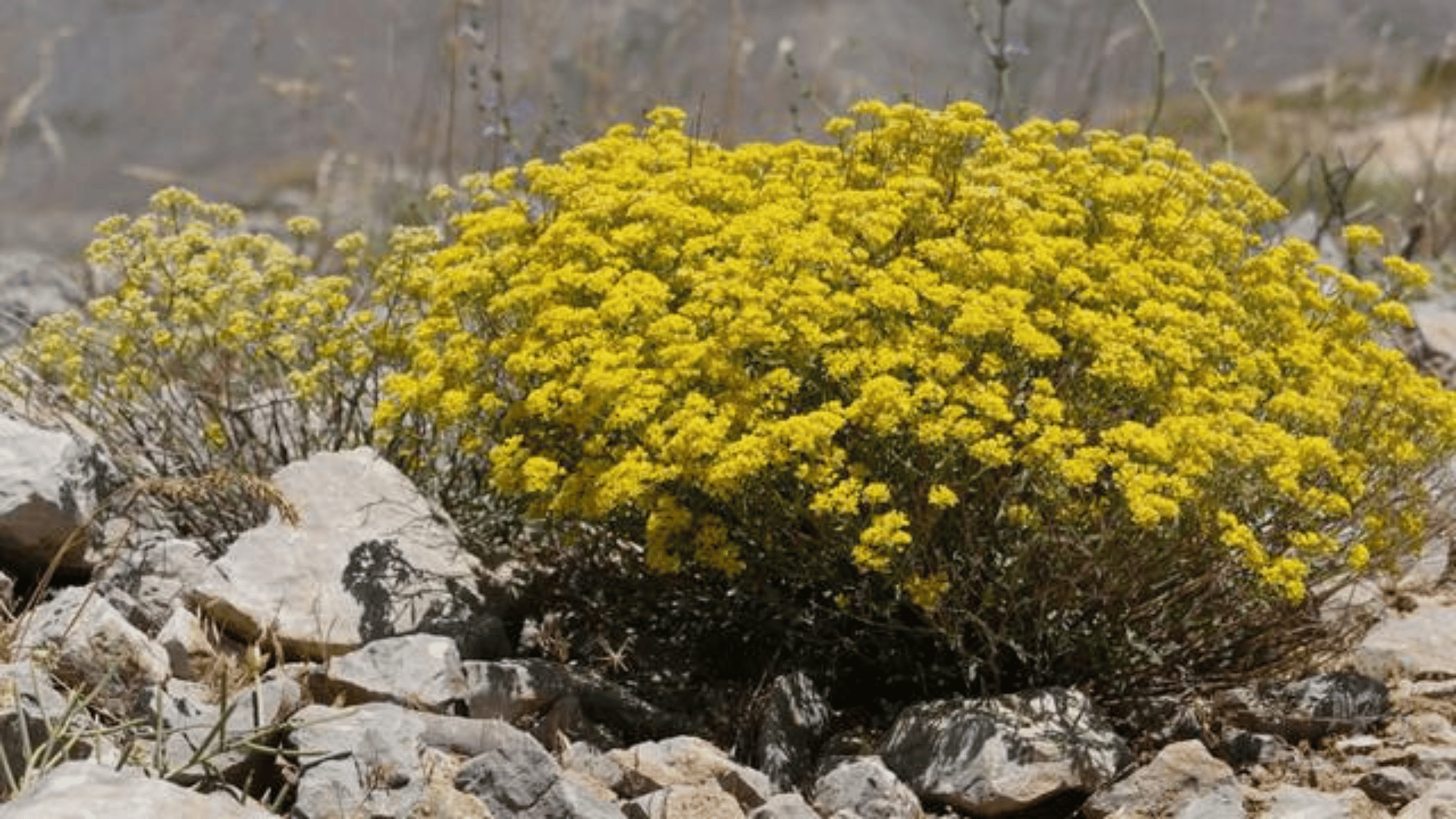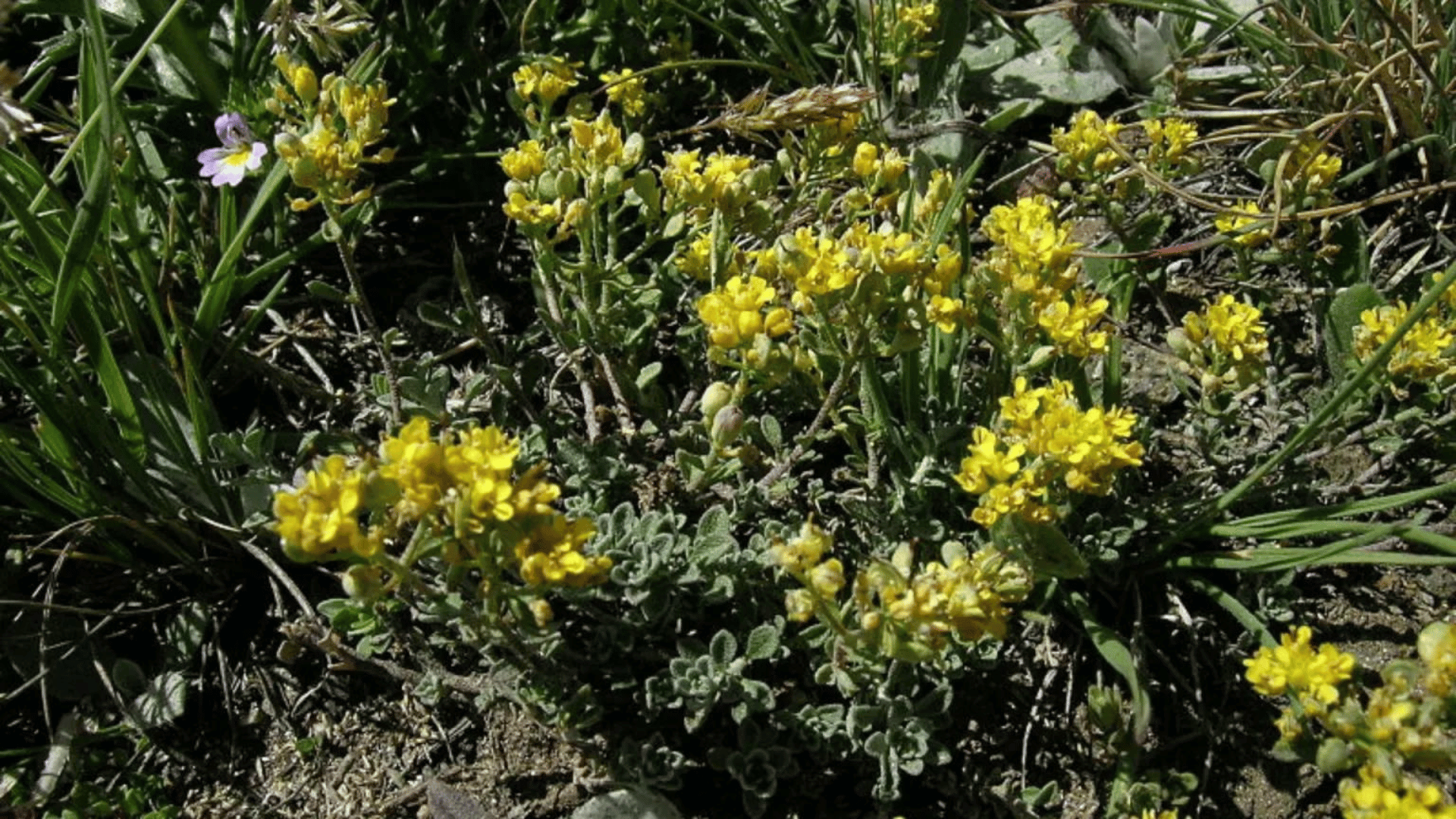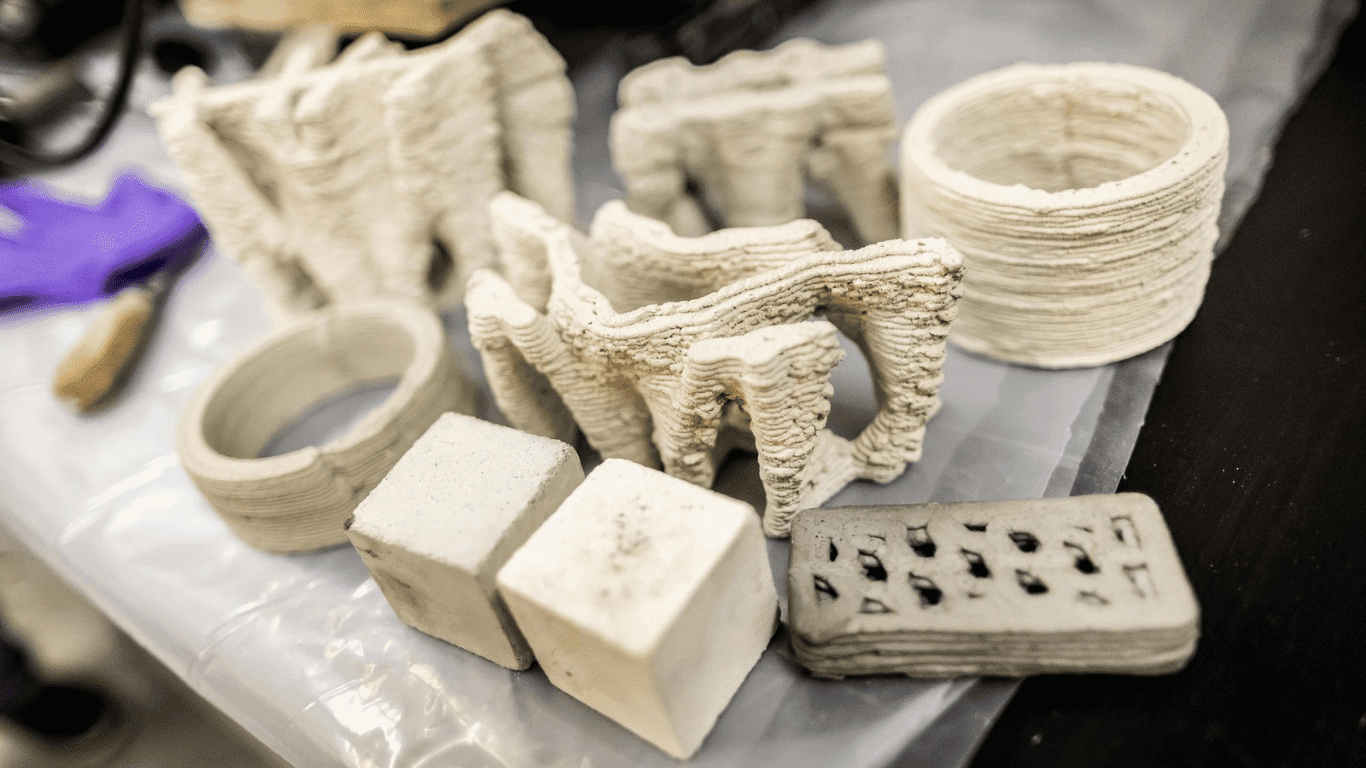As the demand for electric vehicles increases, the demand for resources to make them also increases. This includes minerals such as nickel, and while mining more ore can help with the demand, some startups are also using farming as a more sustainable approach.

Mining, often powered by carbon-emitting fossil fuels, can negatively impact the environment. For example, mining a tonne of nickel for a non-polluting EV could still generate up to 59 tonnes of carbon dioxide.
Some startups believe that phytomining, a process involving plants that can concentrate nickel from the soil, could be an alternative to mining. This farming technique is currently implemented on soils where the metal is present, but the concentration isn’t high enough to warrant a more invasive and costly mining operation.
Once the plants reach maturity, they are dried on the field and heated to break down the organic matter, and the ash is used to extract the metal. The concept has also been utilized in other forms such as microorganisms concentrating the metal or plant species used to clear soil of certain contaminants.

However, startups such as Metalplant and Econik have recently used phytomining in hundreds of hectares to sustainably source nickel. Another startup, Viridian, has patented technology for its plants that it claims hyperaccumulates nickel from the soil.
Plant species such as Odontarrhena decipiens can accumulate nickel to up to 2 percent of their biomass. According to Viridian’s website, a 1,000-hectare farm could capture between 250-550 metric tons of nickel. This could be worth US$3-7 million.
Metalplant is also taking its operation further by using enhanced rock weathering to sequester carbon. In this technique, large volumes of rock dust are applied to farms, and as the dust dissolves, it absorbs CO2 from the atmosphere and makes bicarbonate.
The company used olivine dust in its process, and it expects its farms to yield up to 400 kg of nickel per hectare. Further development of this process could potentially lead to a carbon-negative means of sourcing nickel, which would help EV manufacturers offset the total environmental impact of the production process.







